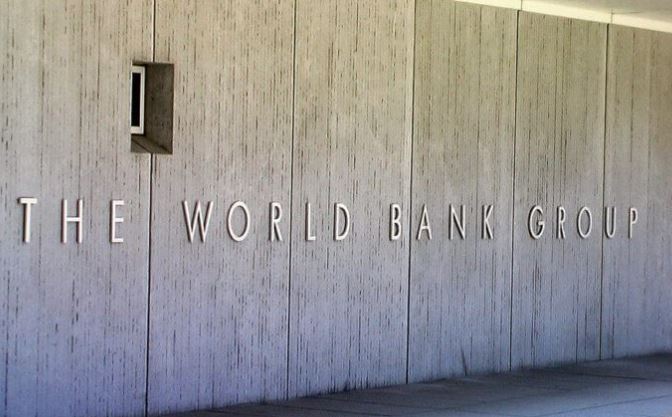The World Bank Group Executive Board of Directors has approved an International Development Association (IDA) grant financing to the Government of the Republic of South Sudan (GoSS) to support the strengthening of institutional and human resource capabilities in the public service to better deliver basic needs and services to citizens.
According to a Friday press statement extended to Radio Tamazuj, the IDA grant of US$15 million will join GoSS counterpart funding of US$3 million, bringing the total project amount to US$18 million.
The grant will finance the Building Institutional Foundations for an Effective Public Service Project (BIFEPS), which will play a key role in improving state capacity over the long term. Over three years, the project aims to strengthen policies, procedures, and systems for civil service management; support institutional development to create sustainable public sector capacity; and incentivize the effective implementation of selected sector reforms. This intervention is crucial to improve the Government’s ability to effectively fulfill its service delivery functions.
“This project will lay the foundation for an effective and efficient public service including through enhanced institutional capacity to attract and retain qualified public servants, a competency-based human resource management framework in the civil service, and the establishment of a performance-based culture in service delivery. Its interventions will complement ongoing sectoral operations supported by the World Bank, putting in place foundational elements needed to sustain reforms in the long run and strengthen government ownership,” said Maryam Salim, World Bank Country Director for Eritrea, Ethiopia, South Sudan, and Sudan.
This project aligns with the World Bank Group’s strategy in South Sudan that focuses on strengthening institutions and capacity and emphasizes the need to address foundational elements of reform and take a gradual approach to rebuild and reshape institutions.
It also aligns with the priorities of the Government of South Sudan as articulated in Chapter IV of the Revitalized Agreement on the Resolution of the Conflict in the Republic of South Sudan (R-ARCSS) and the Revised National Development Strategy (R-NDS) 2021–2024, which underscores the need to strengthen institutions for transparent, accountable, and inclusive governance through reforming the civil service, among other strategic objectives.
“The Government recognizes the central role that the public servants play in service delivery. It is therefore imperative that sectors across the public service have structures and staffing that align with their functions, and that we invest in building a pipeline of future civil servants by providing opportunities for qualified young professionals to gain work experience in, and potentially join the public service,” said Honorable Dak Duop Bichiok, Minister of Public Service and Human Resource Development.
According to the press statement, improved public service effectiveness also requires a well-functioning pension scheme where eligible civil servants can retire and create space for new talent to join the service. The project will also support improving the conditions for a transparent and accountable pension fund.
The World Bank’s International Development Association, established in 1960, helps the world’s low-income countries by providing grants and low to zero-interest loans for projects and programs that boost economic growth, reduce poverty, and improve people’s lives. IDA is one of the largest sources of assistance for its 75 client countries, 39 of which are in Africa. Since 1960, IDA has provided $552 billion to 115 countries. Annual commitments have averaged about $36 billion over the last three years (FY21-FY23), with about 75 percent going to Africa.




